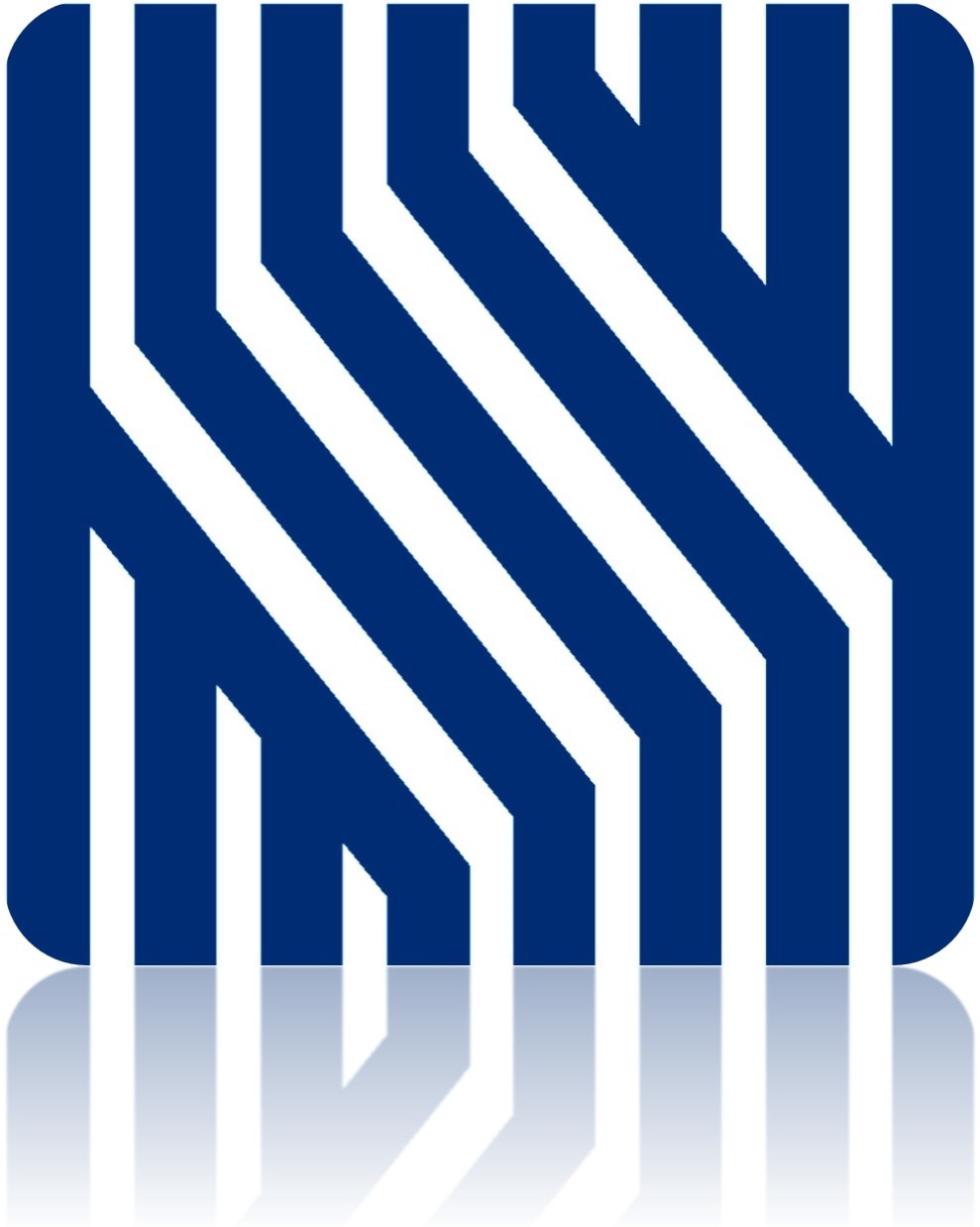ARGUMENTATION. ITS POTENTIAL IN THE TRAINING PROCESS
Main Article Content
Abstract
This article begins with an understanding of the educational phenomenon from one of its angles: the educational fact and the wear it has suffered in the microcurricular realm, due to the simplification it has undergone over time, whether through the incorporation of multiple technologies, through changes in society that have impacted education, or through outdated approaches that surround it. It could be said that the discursive capacity, the argumentative capacity has been minimized, and recourse is taken to its theories, especially when it is necessary to develop research for academic purposes, even though the ability to argue is a defining trait of human beings and when applied systematically, it clears reasoning of the inaccuracies that are often associates, especially in fields of study where discussion, analysis, positions, challenges, critiques, and reasons are essential for reaching consensus. In this sense, ed with the rhetoric of natural language. From this perspective, we have considered that argumentation as a formative option provides a little-valued space but with great weight in higher learning processes, especially in fields of study where discussion, analysis, positions, challenges, critiques, and reasons are indispensable for reaching consensus. In this regard, philosophy and linguistics have made important contributions that can be embraced in the pedagogical dynamics as a social science that draws from advances and appropriates knowledge that could enrich the educational experience. Hence, this article refers to components of argumentative work, counter-argumentation, discourse, the argumentative text, reflexivity, and inference, in the pursuit of pedagogical practices that promote critical thinking and competence in this textual genre.
Downloads
Article Details
Section

This work is licensed under a Creative Commons Attribution-NonCommercial-NoDerivatives 4.0 International License.
